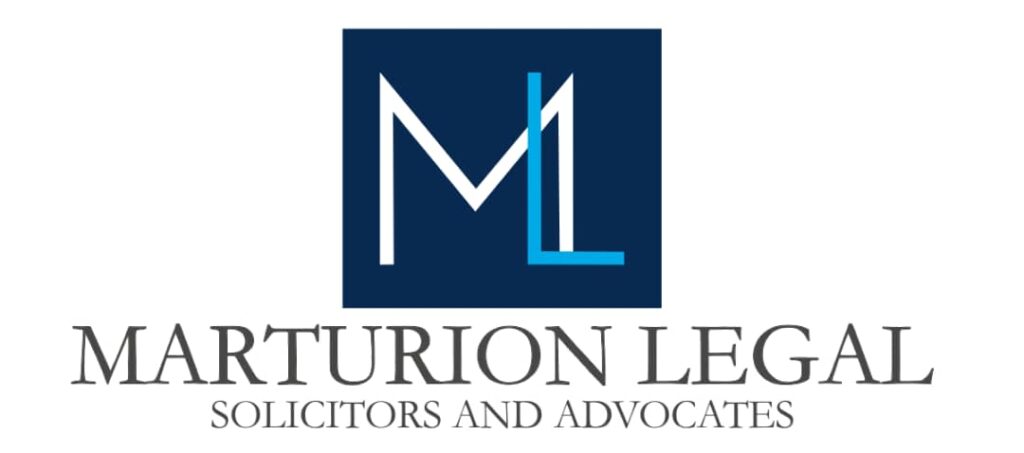THE COUNCIL
The Act establishes the National Council for Digital Innovation and Entrepreneurship (the Council) comprising public officials, stakeholders from the private sector as well as civil society organisations[1]. The Act sets the tone for stakeholders to relate with the government on issues relating to startups in Nigeria. The main objective of the Council, which is chaired by the President, is to give effect to the provisions of the Act by ensuring its implementation. The Council is saddled with the responsibility of giving policy direction to the Secretariat and promoting digital technology development in Nigeria by issuing grants to individuals, organizations and research institutes amongst others. The National Information and Technology Development Agency (NITDA) is designated as the Administrative Head Office (Secretariat) of the Council and the Director-General of the Agency is the Chief Administrator for the purposes of the Act[2].
THE STARTUP PORTAL
The Act provides for the establishment of a Startup Support and Engagement Portal (Startup Portal) for ease of access to services of government Ministries, Departments and Agencies[3]. The Startup Portal will facilitate the application and issuance of a permit or licence to a labelled startup. It will open up a startup to numerous opportunities, programs, resources, funding and serve as a platform for applying for government contracts. It will also foster relationships between startups and angel investors, venture capitalists, incubators, accelerators and other relevant institutions.
REQUIREMENTS FOR REGISTRATION OF A STARTUP
Registration of a startup is termed “labelling” under the Act. Application for labelling shall be made by completing the prescribed form via the startup portal. To qualify for labelling as a startup, the following are sine qua non:
1. Business must be registered as a sole proprietorship, partnership or limited liability company under the Companies and Allied Matters Act (CAMA). A holding or subsidiary of an existing company which is not registered under the Startup Act does not qualify.
2. The business must have been in existence for not more than 10 years since incorporation.
3. Its objects are innovation, development, production, improvement, and commercialization of a digital technology innovative product or process;
4. It is a holder or repository of a product or process of digital technology or the owner or author of a registered software;
5. It has at least one Nigerian as a founder or co-founder of the startup, provided that the Nigerian founder or co-founder will share from profit or revenue from the sale of shares
[4].
These conditions are cumulative and the absence of one or more will disqualify a business entity from being labelled. A sole proprietorship or partnership that does not meet up with all the requirements may be granted a pre-label status for 6 (six) months after which the status shall be forfeited upon the inability to meet the requirements at the end of the period
[5]. Where a startup label is issued, it shall be valid for 10 years from the date of issuance
[6].
A startup is mandated to keep books of account and other statutory records as mandated by the Act
[7]. Where a startup is in default of its statutory obligations, its label may be withdrawn and necessary notice given to government Ministries, Departments and Agencies or investors which may have granted incentives to the startup. Such a label may be re-issued upon resolving the default.
TAX INCENTIVES
One of the ways in which the Act has created a conducive and enabling regulatory environment to encourage individuals with innovative ideas to carry on business in Nigeria is by making provisions for tax incentives for labelled startups. They can take advantage of the Pioneer Status Incentives under the Investment Development (Income Tax Relief) Act by making an application to the Nigerian Investment Promotion Commission (NIPC). The Act permits the Federal Government to simplify the application process for tax incentives for startups. Further provision is made for tax exemption for up to 4 years commencing from the date of registration as a startup under the Act
[8].
Where a startup has a minimum of 10 employees 60% of which are without work experience and within 3 years of graduation from school or any vocation within the assessment period, it will be entitled to tax relief of 5% of its assessable profits in the year of assessment in which the profits were generated for a maximum period of 5 years
[9].
A startup involved in export, if eligible, will be entitled to export incentives and financial assistance
[10]. The Act mandates the NITDA to ensure that a labelled startup has access to grants and loan schemes available for small and medium-scale businesses within the country. In addition, specific provision is made for a Credit Guarantee Scheme for ease of access to credit for startups
[11].
Angel investors, venture capitalists, private equity fund, accelerators and incubators are also not left out as they are guaranteed investment tax credit equivalent to 30% of the investment in the labelled startup notwithstanding the provisions of the Companies Income Tax Act (CITA)
[12]. Capital gains tax shall not be charged on gains that accrue from the disposal of assets by an angel investor, venture capitalist, private equity fund, accelerator or incubator with respect to a labelled startup
[13].
An employee of a labelled startup, if eligible, will be entitled to 35% personal income tax relief for a period of 2 years from the date of engagement by a labelled startup
[14].
Non-resident companies which provide technical, consulting, professional or management services to a labelled startup shall be subjected to a 5% withholding tax on income derived from such services as against the usual 10% provided the withholding tax is the final tax to be paid by the non-resident company[15].
CONCLUSION
The Act provides for active collaboration among the various ministries, departments and agencies of government involved in the regulation of startups in Nigeria in order to provide seamless access to the services provided by these MDAs. It also recognizes the impact of financial technology (fintech) companies on the country’s technology ecosystem and designates a special section for fintech on the startup portal. The provisions of the Act, if implemented, will encourage the birth of new startups and the exponential growth of existing ones. The world of innovative technology is expanding at an astronomical rate and this law will ensure that Nigeria is not left behind.
[1] Section 4, Nigeria Startup Act 2022.
[9] Section 26(1&2), ibid.
[12] Section 30(2), ibid.
[13] Section 30(3), ibid.
[14] Section 31(1), ibid.




